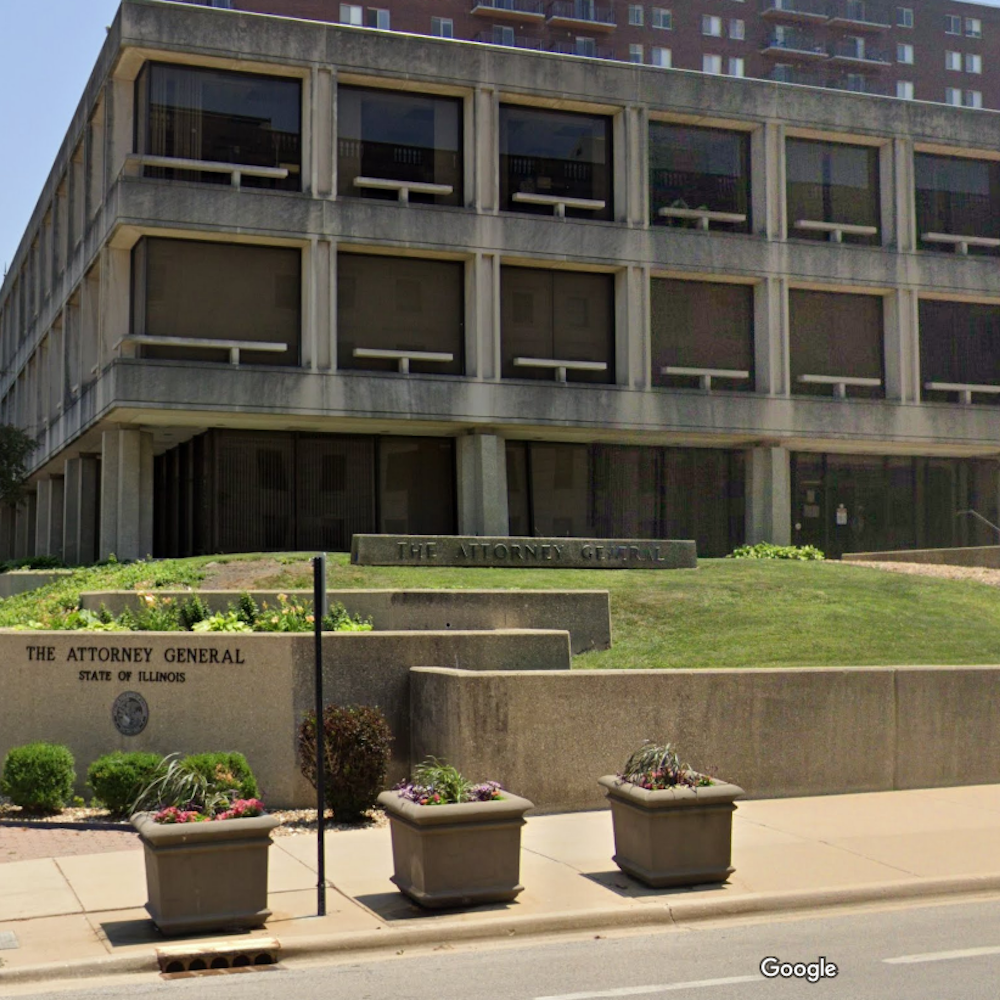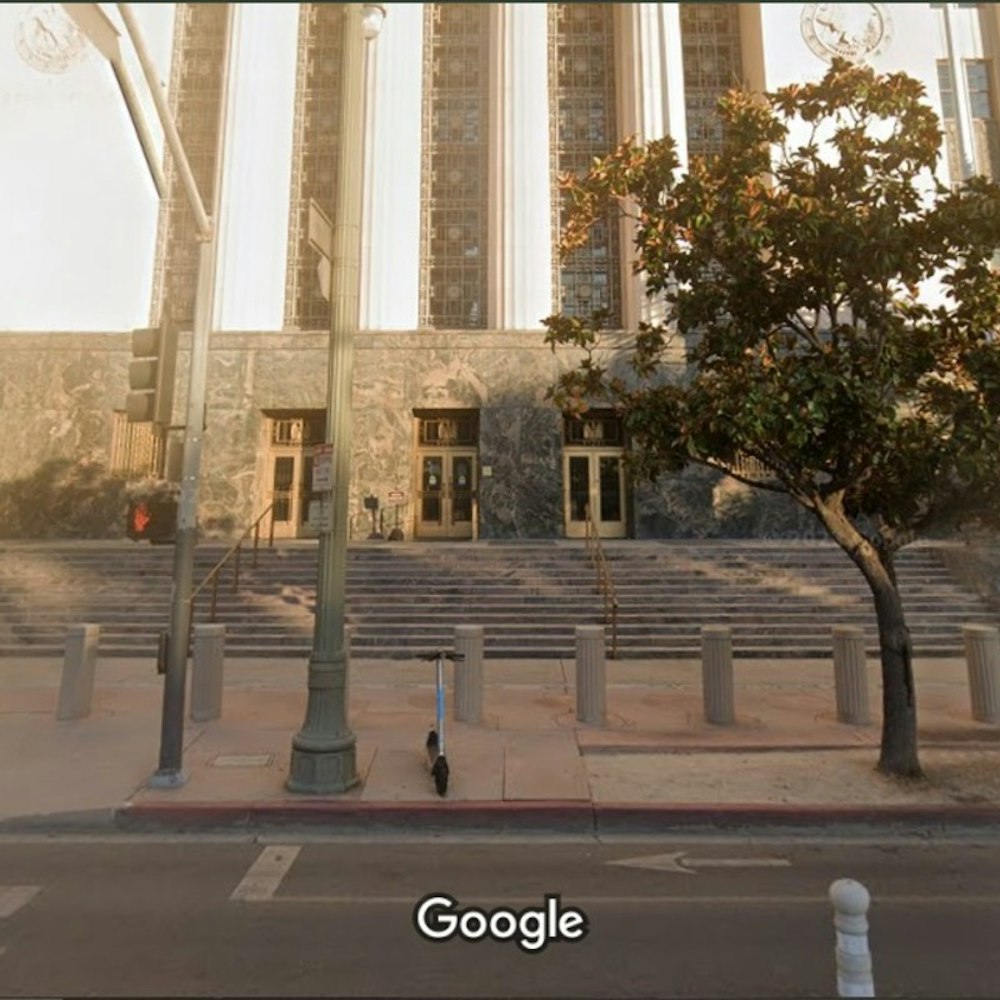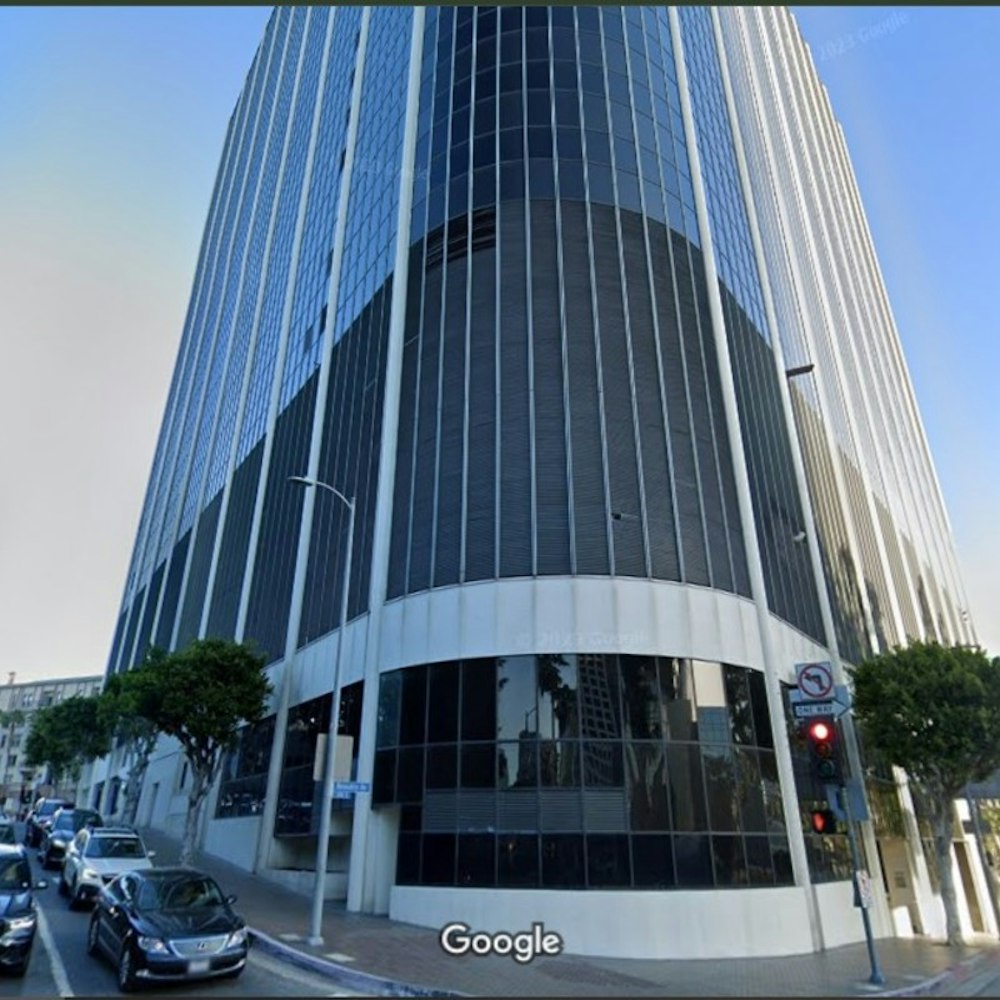
In the months following the abrupt February firing of Oakland Police Chief LeRonne Armstrong, debates surrounding whose responsibility it is to address the city's rising crime rates have only intensified. The NAACP has pointed the finger at Mayor Sheng Thao, citing an increase in crime statistics since Armstrong's dismissal and urging her to examine her role more closely in these troubling circumstances, according to a KRON 4 report.
Statistics from the Oakland Police Department show an overall increase in crime by 28 percent compared to this time last year, with a 17 percent increase specifically in violent crime. Despite a decrease in slayings by 8 percent, the situation remains worrisome for local residents and business owners alike, as reported in a San Francisco Gate article.
While Mayor Thao has remained silent amidst these ongoing accusations, others have voiced their concerns louder than ever. The Oakland NAACP President, Cynthia Adams, previously mentioned her communication with Governor Gavin Newsom's assistant, emphasizing that despite additional California Highway Patrol officers being deployed, the city remains in serious need of assistance.
Both Adams and the Oakland Police Officers' Association President, Barry Donelan, have called for the development of a citywide plan to address the escalating crime rates. However, Donelan has refrained from commenting on whether or not Armstrong's firing has contributed directly to the surge in crime, as he has not read the NAACP's letter.
Many argue that the dismissal of Armstrong, who was allegedly let go due to his approach to police misconduct, left the city without a clear solution to its crime challenges. While Interim Chief Darren Allison has attempted to fill the void left by his predecessor, residents have rallied in support of Armstrong. Some are concerned that the Oakland Police Department, with its current 713 sworn officers, is left underfunded and unable to address complex and growing crime rates on its own.
As crime rates continue to rise and concerns from the public grow louder, it becomes apparent that the impact of Armstrong's dismissal on the city of Oakland, and its public safety, cannot be ignored. In an atmosphere where tensions are high and accusations are flying, one truth remains: the city desperately needs a comprehensive strategy to properly address, and hopefully curb, the surge in criminal activity.
Today’s statement by @OaklandNAACP regarding crime in #Oakland…
— Loren Taylor (@lorenmtaylor) July 28, 2023
“Oakland residents are sick and tired of our intolerable public safety crisis that overwhelmingly impacts minority communities. Murders, shootings, violent armed robberies, home invasions, car break-ins, sideshows,… pic.twitter.com/PQvfZBOB9j
With voices like Adams from the NAACP and Donelan from the Oakland Police Officers' Association pushing for a cohesive citywide plan, perhaps the time for action will soon come.









-1.webp?w=1000&h=1000&fit=crop&crop:edges)